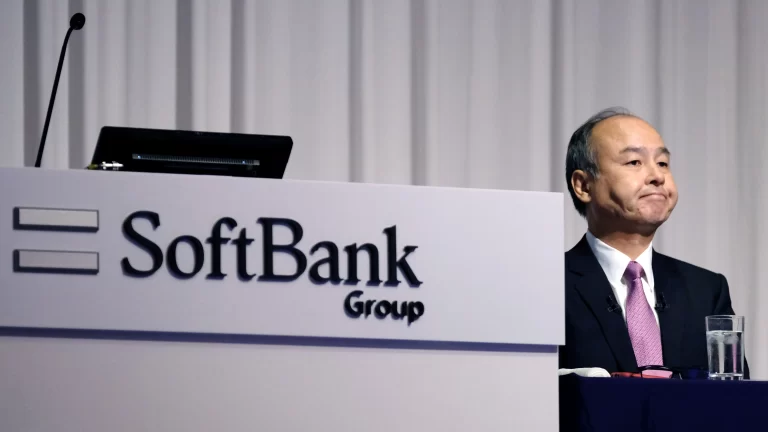FinTech, short for Financial Technology, represents the transformative wave of innovations currently reshaping the financial landscape. It’s a dynamic intersection of finance and technology, exploiting modern innovations to enhance financial activities, making them more efficient, inclusive, and consumer-focused.
The adoption provides a myriad of benefits. From streamlining transactions with digital wallets to leveraging AI for personalized financial advice and using Big Data analytics for risk assessment, FinTech is modernizing traditional banking systems. It amplifies convenience by enabling online banking, instantaneous transactions, and 24/7 service. Cryptocurrencies and blockchain technologies, intrinsic to FinTech, are disrupting the financial world, burgeoning possibilities of a decentralized, transparent, and more secure environment.
However, along with its potential, FinTech also brings significant challenges. Regulatory issues top this list. Creating a comprehensive regulatory framework that respects the pace of FinTech innovation without curtailing it is a delicate balancing act for authorities globally. Moreover, ensuring user privacy in the era of data-driven platforms is another monumental task. The more we rely on these technologies, the more significant our digital footprints become, increasing the risks of data breaches and identity theft. Additionally, there is the digital divide: ensuring equal access to FinTech innovations across socio-economic boundaries is an ongoing struggle.
Despite these challenges, the future of FinTech looks promising. AI and Machine Learning are expected to become increasingly integrated, driving hyper-personalization in financial services. More sophisticated data analytics might indicate superior predictive capabilities, revolutionizing risk management, and investment decisions. Decentralized Finance (DeFi), a blockchain-based form of FinTech, offers an exciting glimpse into how the future of finance could be democratized.
One core update in the FinTech domain is the growing prevalence of embedded finance, a trend expected to surge further as banks seek to become service providers to non-bank and non-financial entities. Offering financial services as part of a larger, broader consumer experience is an innovative route banks are adopting, leading to a tangible shift from traditional financial models.
Embedded finance, however, is not without its challenges. The scope for embedded finance offerings within non-regulated entities has raised concerns among regulators. The expected increase in scrutiny is aimed at ensuring consumer protection and clarifying issues such as accountability and recourse, offering an important balance to the rapidly advancing sector.
In a hyper-connected, dynamic world, the resilience and adaptability of FinTech will drive its growth. Its challenges, considered carefully, can transform into opportunities for inclusive, efficient, and transparent financial systems. Thus, the promising world of FinTech stands not as a disruptor, but as a powerful ally to the world of finance, turning challenges into opportunities, one innovation at a time.











+ There are no comments
Add yours